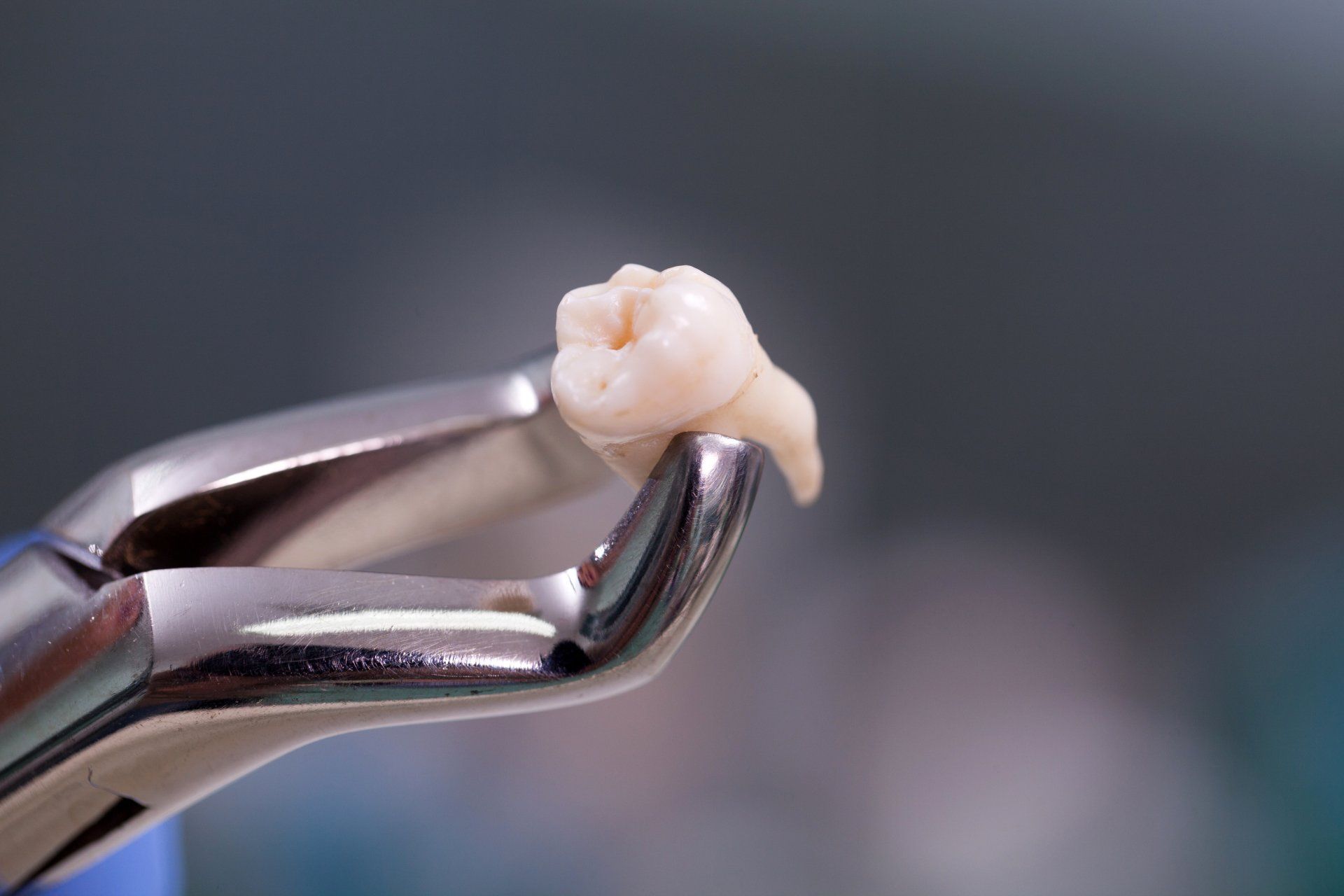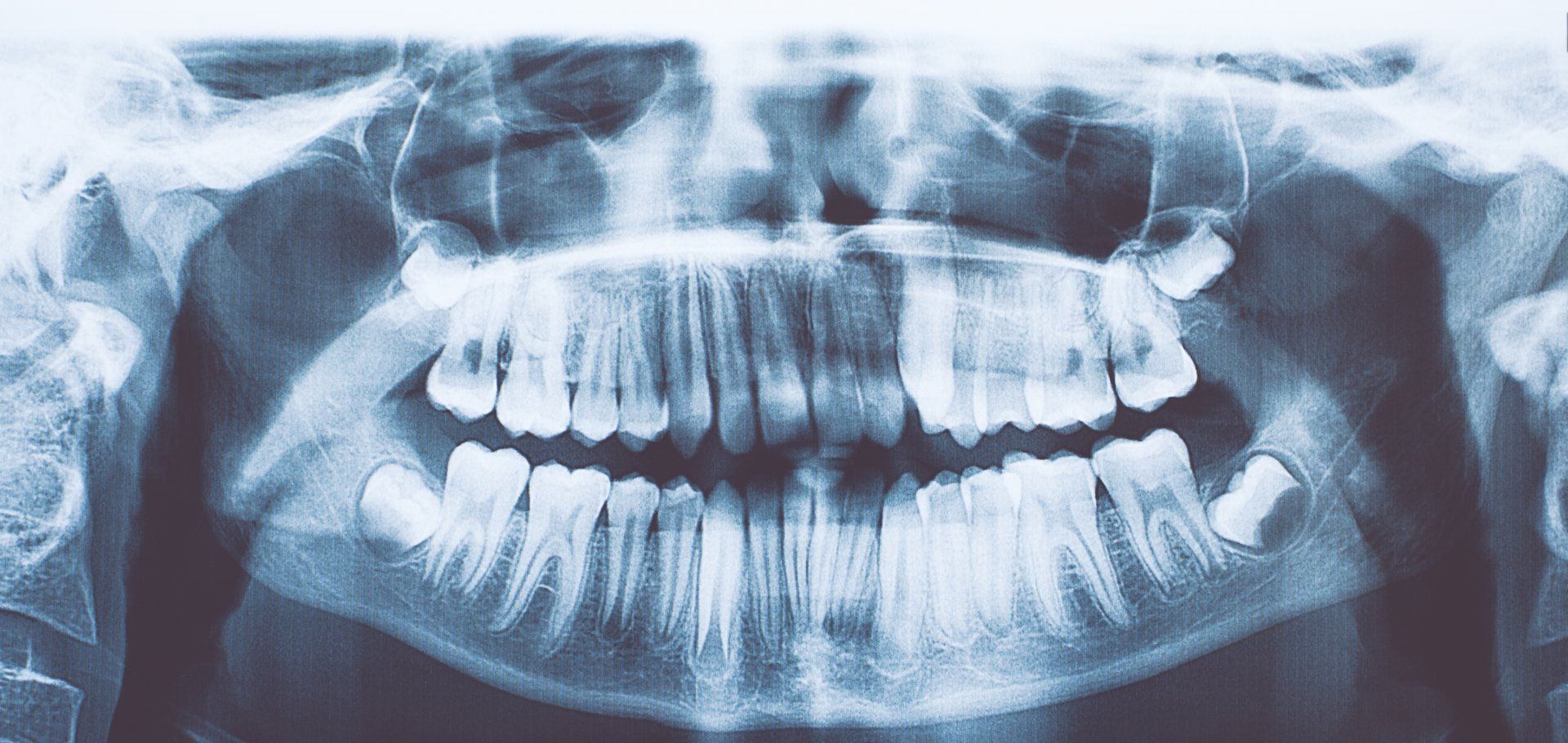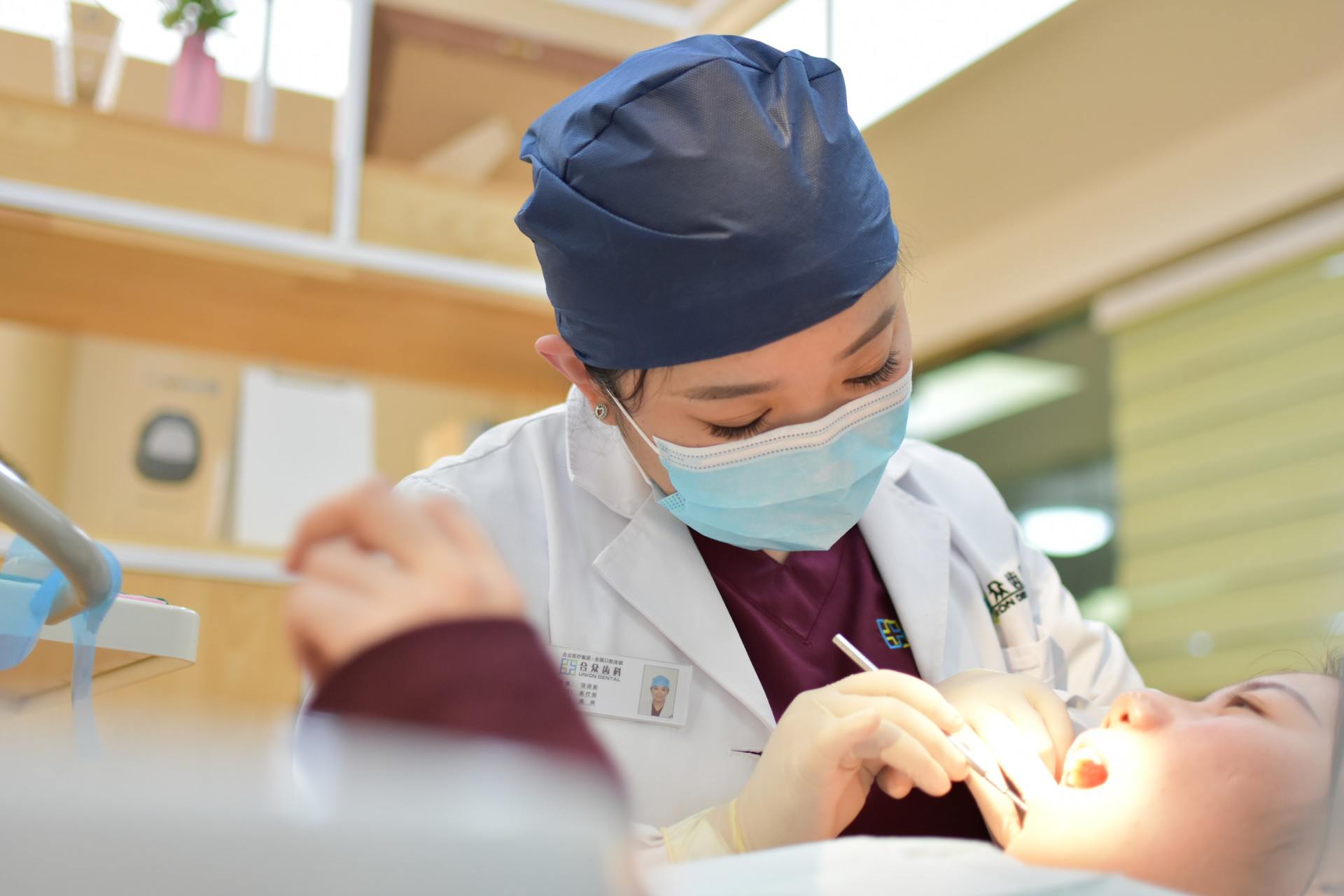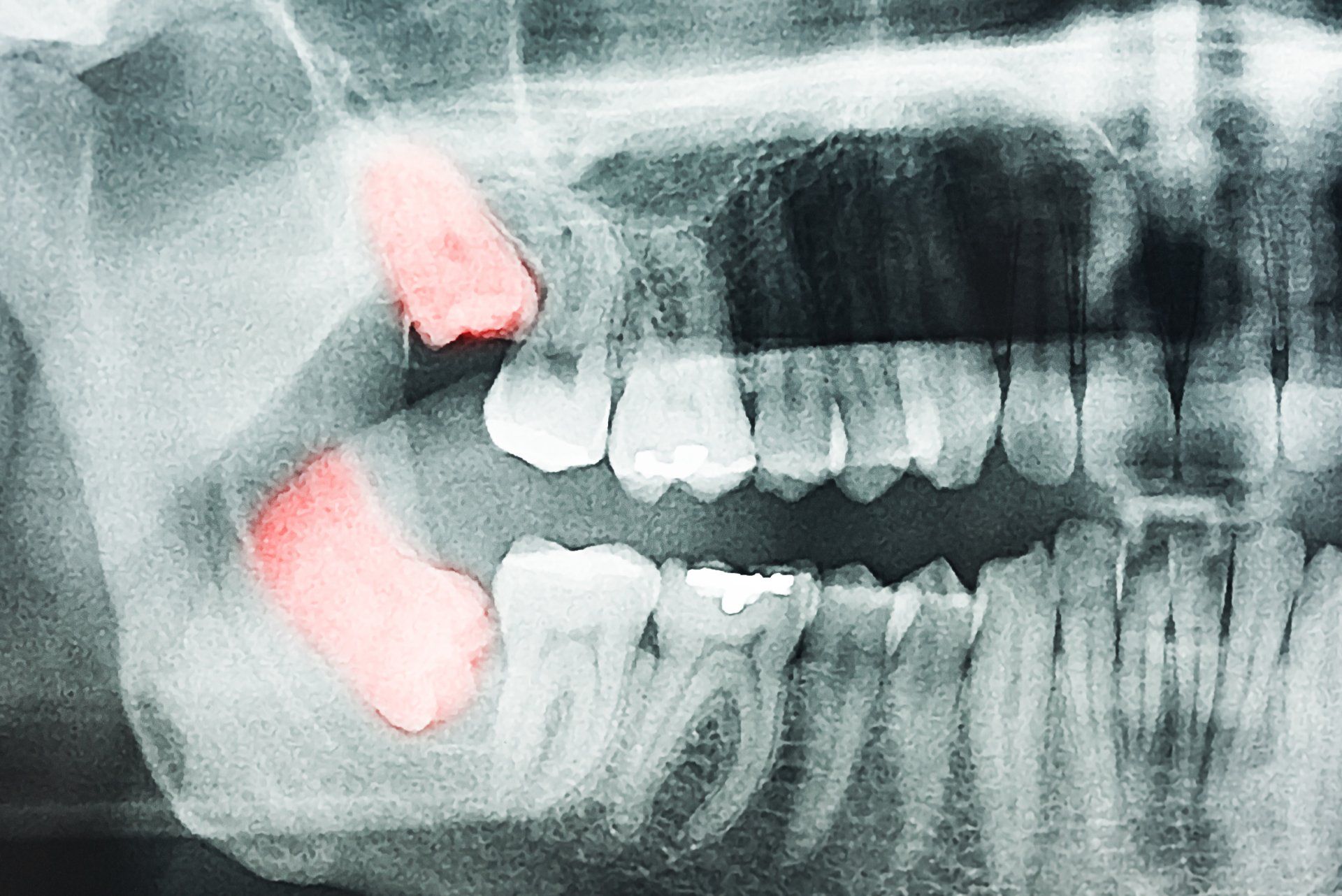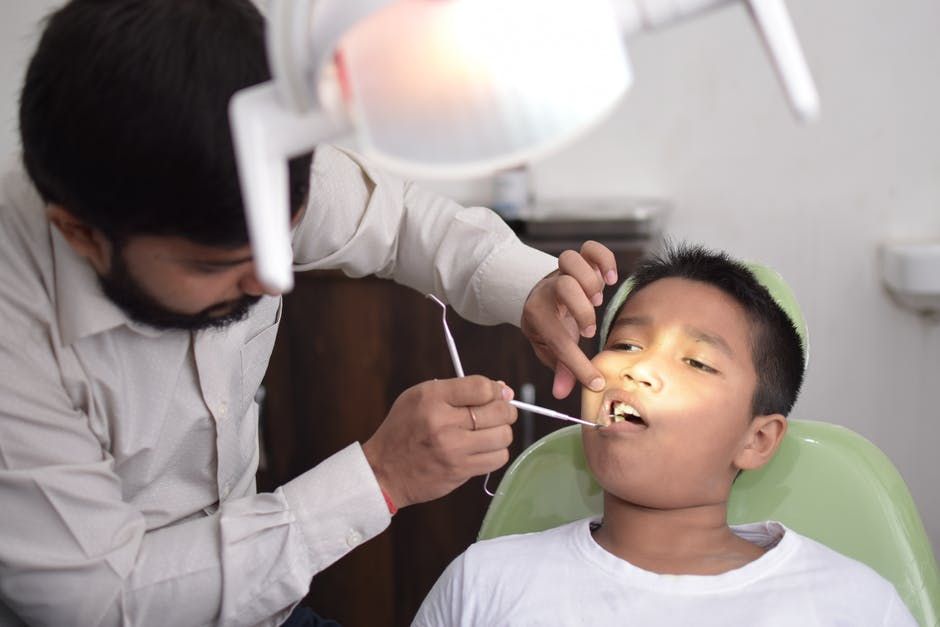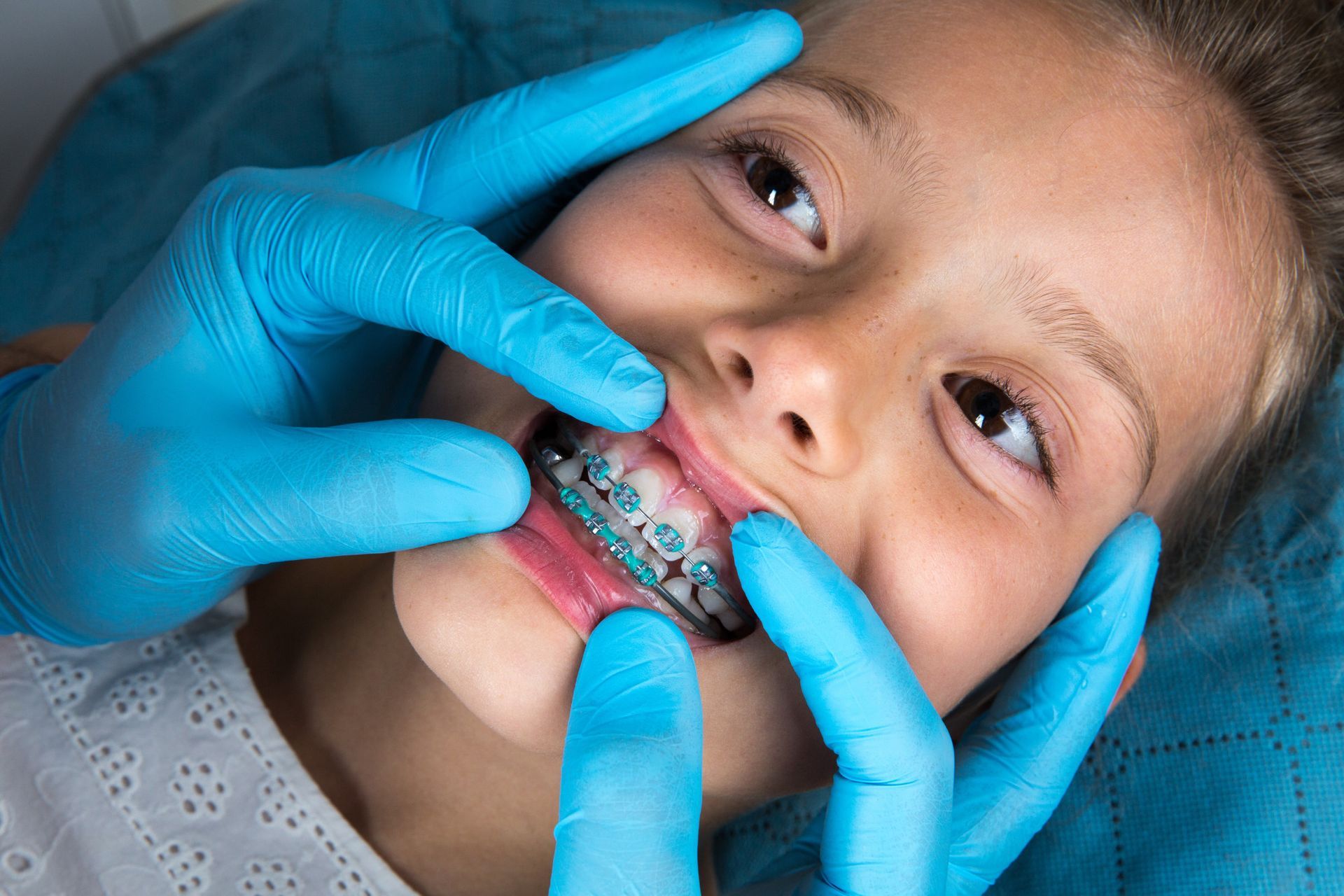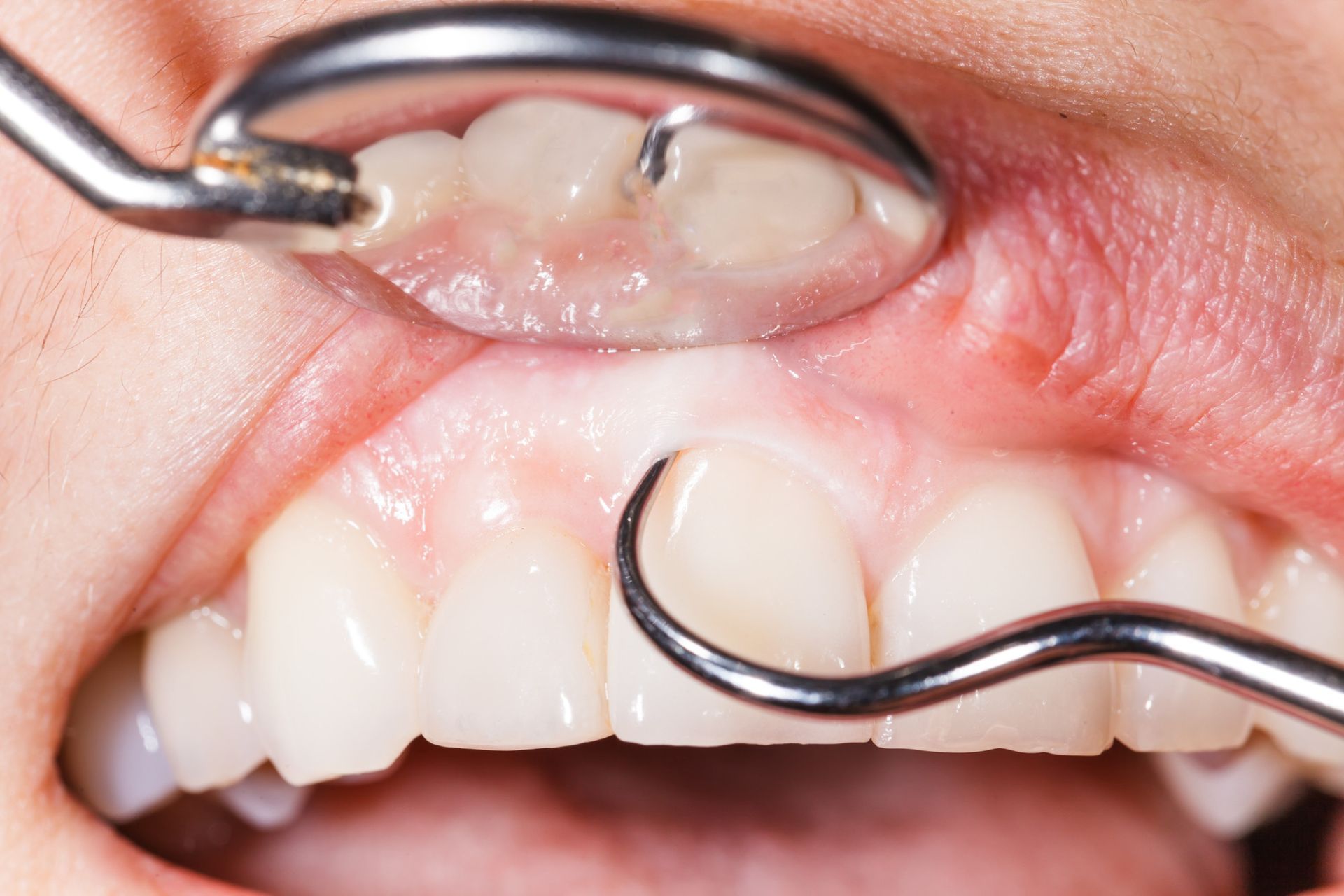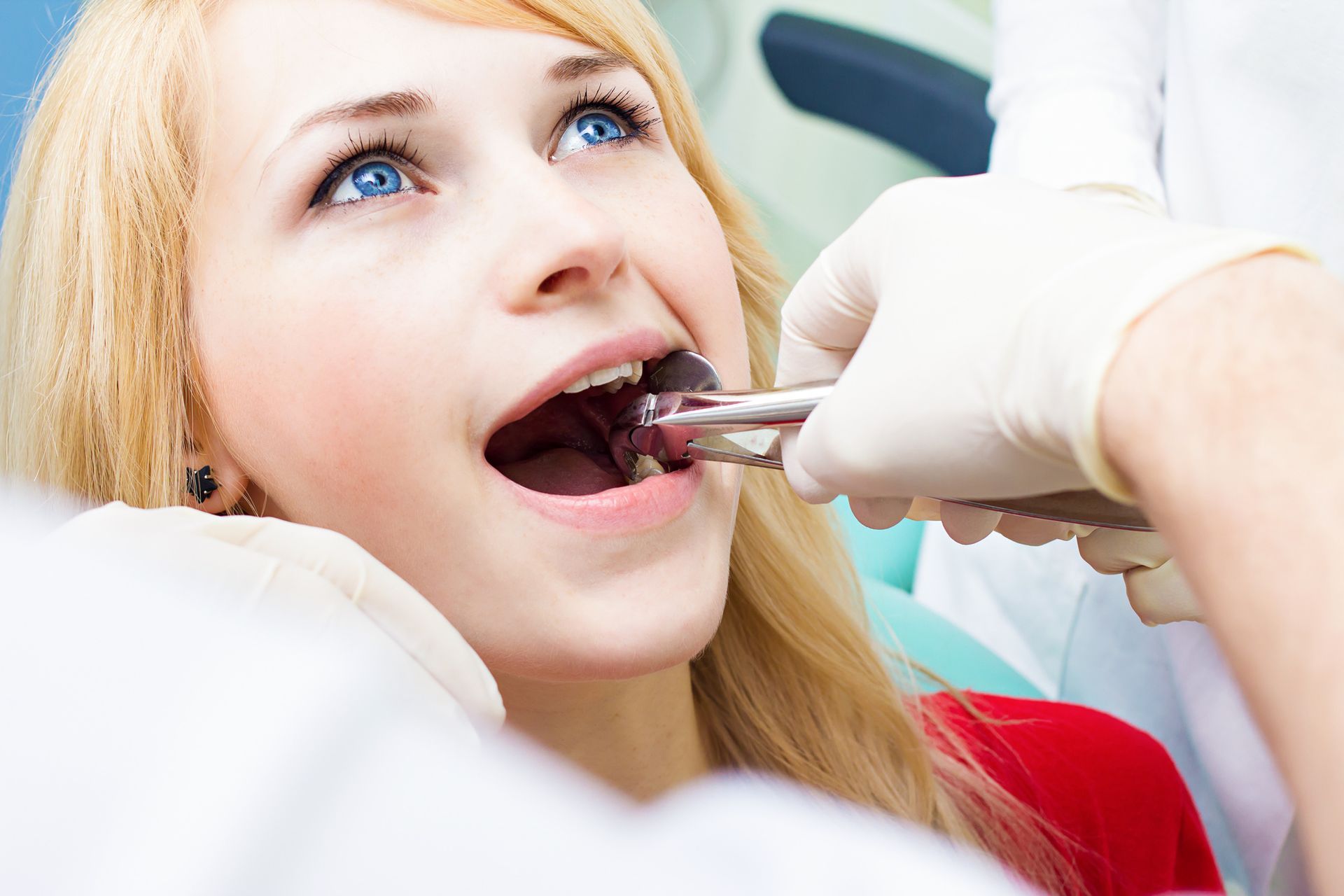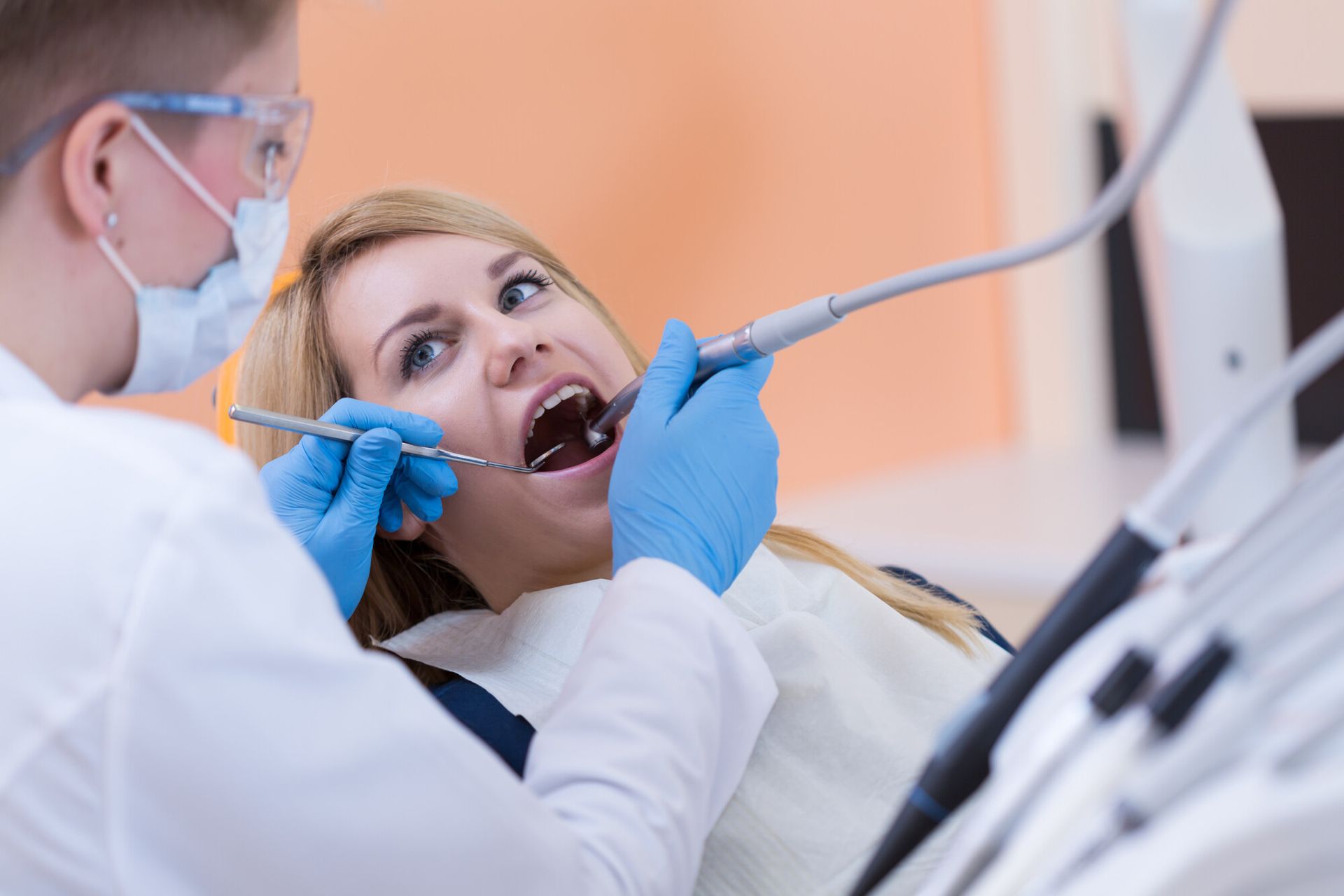How to Take Care of Yourself After Wisdom Teeth Removal
Waking Up From Dental Surgery
Post-Dental Surgery Pain
As you awake from your dentist visit, your pain should be minimal. This is due to the local anesthesia given to prevent pain after the procedure. However, this wears off quickly, so be prepared.
A combination of pain management and ice is the best for pain management following this procedure. Your orthodontist may prescribe medications to help manage post-operative pain. Plus, there are other home remedies you can try.
The combination of the anesthesia/sedation and the pain medication will leave you feeling drowsy. For this reason, we suggest patients have someone available to drive them to and from their appointment.
Bleeding and What to Expect
Don't be alarmed if you notice some bleeding after your procedure; this is common. Your dental team will recommend placing gauze near the surgery area to help absorb blood and saliva. If you notice excessive bleeding, more than just blood-tinged saliva, talk with your surgeon.
Our specialists in wisdom teeth removal in Mississauga often recommend biting on a moist tea bag for thirty minutes to help with excessive bleeding. The tannic acid helps to stop bleeding in this case.
Additionally, avoid excessive rinsing of the area. This can cause bleeding to occur. For the same reason, avoid touching the area as much as possible for the first few days.
Minimizing Swelling
Swelling is common in the 24 hours following dental surgery. You will notice gradual swelling for 2-3 days before it starts to improve.
Ice packs are a great option for both pain management and to reduce swelling. We recommend icing for 30 minutes every hour for the first 1-3 days after surgery. After this period of time, ice will no longer help with swelling.
Going Home
What to Expect
As we discussed, you should expect pain, swelling, and some bleeding immediately following your procedure. This will continue as you recover.
Your first 24 hours will likely leave you feeling tired and disoriented as you recover from the anesthesia or sedation. We recommend resting as much as possible to help with the recovery process.
Recovery Time
Our team in wisdom teeth removal in Stoney Creek will tell you that the general recovery window is about 3 days.
In some cases, patients experience pain up to one week following their procedure. However, keep in mind that complications such as infection can lengthen this time frame.
Healing Process
Promote Quick Healing
The best way to promote quick healing after your wisdom teeth removal in Mississauga or Stoney Creek is through rest. After most routine surgeries, you can return to your regular activities within 24-48 hours.
However, we recommend waiting at least a week. The COVID-19 pandemic makes this somewhat easier for our patients since there are fewer opportunities to venture out of the house.
We also recommend staying on top of swelling and pain management. Use ice and medications as directed at your dentist visit to stay comfortable.
Maintain Hygiene
Good hygiene is especially important after wisdom teeth removal. While we recommend against any kind of rinsing in the 24 hours following surgery, it's an important part of recovery.
After the first 24 hours, we recommend rinsing with warm saltwater. This should be done every 5 to 6 hours. The saltwater helps dislodge any pieces of food stuck in or near your sockets and also helps clean the area.
The COVID-19 pandemic and widespread quarantines have resulted in weight gain for many people. This is a result of eating more and exercising less.
This makes it even more important to maintain good hygiene during your recovery process. If you are frequently snacking on different foods, it's important to keep up on your saltwater rinses and other oral hygiene practices.
Other Considerations
As we discussed, the first 24 hours are the most sensitive time after your dental surgery. This is why we instruct our patients not to brush their teeth or floss during this time. Even if you don't brush or floss near the site, the risk of causing damage is too high.
Proper use of gauze is another important part of recovery. Gauze helps absorb and stop bleeding. It also keeps blood clots in place inside of the socket. These blood clots are essential in preventing dry sockets.
Our team will instruct you on how to properly use and replace your gauze. The gauze should be kept in place at all times in the first 24 to 48 hours except while sleeping or eating. This helps control bleeding and oozing.
Also, avoid the use of straws, smoking, and strenuous activity. These are other ways to promote healing and avoid dry sockets.
Eating After Surgery
What to Eat
- Soup
- Apple sauce
- Mashed potatoes
- Yogurt
- Pudding
- Milkshakes or smoothies (no straws)
- Cottage cheese
- Eggs
What NOT to Eat
- Chips
- Nuts
- Gum
- Hard candy
- Sticky candy
- Chewy foods
Potential Complications
Dry Socket
Dry sockets are the most common post-dental surgery complication we see. A dry socket occurs when the blood clot in the tooth socket is dislodged. This leaves the bone exposed and is very painful.
Excessive Bleeding
Bleeding and oozing are a normal part of dental surgery since incisions were made to remove your teeth. The proper use of gauze or tea bags can help stop bleeding. However, some cases of bleeding should be evaluated by your doctor.
These cases include ongoing bleeding after 4 hours post-surgery, bloody nose, and vomiting blood. While these symptoms are uncommon, it's important to call your surgeon's office immediately.
Ongoing Pain or Nausea
Pain is part of the healing process with wisdom teeth removal. However, if you experience throbbing pain after taking your pain medications, it's worth a call or a dentist visit. The same can be said if you experience a sudden increase in your pain after a day or two.
Nausea is less common, but can still happen. If nausea or vomiting occurs after 10 hours post-surgery, call your doctor immediately.
Infection
Infection occurs for a number of reasons such as improper care of the surgery site. Address the infection as soon as possible to avoid serious consequences.
Signs of infection include fever, increased or ongoing swelling, throbbing pain, and heat to the area. You might also notice pus or discoloration of the area.
Be Prepared for Your Wisdom Teeth Removal


